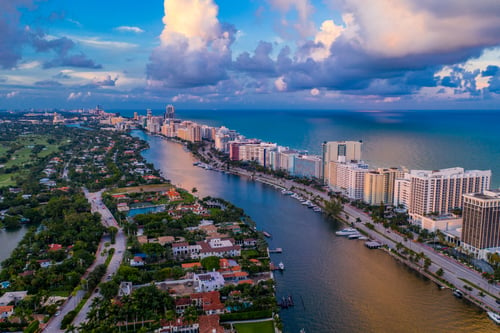Spare a thought for Jeremy Hunt, increasingly beleaguered Chancellor of the UK Exchequer: an atavistic Dickensian dad forced to choose between which of his children to give away to save on brussel sprouts and mince pies at Christmas. Because, after the pantomime chaos of Kwarteng clownaonomics and the shortest-lived Premiership in British history, the long-awaited (and twice postponed) Autumn Statement is now only a week or so away…and, quite frankly, it’s not looking good for the plump kid in the “I ❤ Infrastructure” tee shirt.
The Treasury has already dropped a series of clunky hints that it intends to cut infrastructure spending to the bone: so farewell then, Sizewell C, and, for those of you reading this on any given railway platform north of Birmingham, prepare to see HS2 and Northern Powerhouse Rail outperformed and overshadowed by your average Hornby train set…at least the Hornby version can be coaxed into working. It probably makes for a better Christmas present too.
Number 10 has denied there are any such plans…which makes them even more likely, especially with Jeremy Hunt struggling at Number 11 to fill a £51.7 Billion shortfall in public finances: given Liz Truss has left for an extended Greek holiday and unfunded public borrowing is no longer a serious option, that extremely plump £100 Billion capital budget starts to look riper than ever for plucking. “We’re looking at all capital spending as part of the autumn statement”, says one Whitehall source… and you can bet your life they are.
Of course, it’s all very understandable, especially given the UK’s current circumstances, but it’s also extremely short-sighted. Major infrastructure projects have been the bedrock of any advanced economy for more than a century, extending back to Roosevelt’s New Deal and running forward to Wilson’s White Heat of Technology. Thatcher’s (surprisingly) enthusiastic endorsement of the Channel Tunnel Project: public investment, on the right scale, is a key driver for growth and social opportunity, and cutting it back on the scale now envisaged in Britain is a recipe for recession (or prolonged recession if we’re to take the Bank of England at its word (www.bankofengland.co.uk)).
Even The Institute for Government, for goodness sake, hardly a dyed-in-the-wool liberal think tank, has cautioned that “cutting capital spending could be counterproductive: reducing productivity and increasing pressure on other services” (www.instituteforgovernment.org.uk). Is that really what we need in the middle of a UK homelessness crisis?
So, let’s add a little international context to those cautionary remarks…
Same Market…Different Solutions
Inflation in India is now running at 10.7% (https://pib.gov.in), which is more or less in the ballpark of the UK’s 10.1% (https://tradingeconomics.com/united-kingdom). Both countries have a weakened balance of payments position as a result of global economic conditions (and Putin’s war on Ukraine in particular, with its attendant impact on energy and commodity prices): but the Subcontinent shows no sign whatsoever of reducing its appetite for major infrastructure projects, and that’s the result of deliberate policy initiatives, all of them orchestrated and overseen by Prime Minister Modi’s Government…
As part of its ambition to become a $5 Trillion economy within the next three years, India is currently set to invest a staggering $4.5 Trillion in major infrastructure projects before 2030. And that, in a nutshell, is why the Subcontinent’s GDP grew by 13.5% in the third quarter of this year, as opposed to the former mother country, where GDP grew by a desultory 0.2% (since when, of course, the UK has had two months of clowonomics, and three Prime Ministers).
It would be peevish not to wish Jeremy Hunt well…
Executive Overview

Find out more about growth in Indian real estate
Read More
Sign up to receive monthly insights
Our in-house monthly Industry Insights newsletter demystifies Indian real estate and offers intelligence and insights around the economy in India.
Sign up to newsletter
Your email address will not be published. Required fields are marked *






